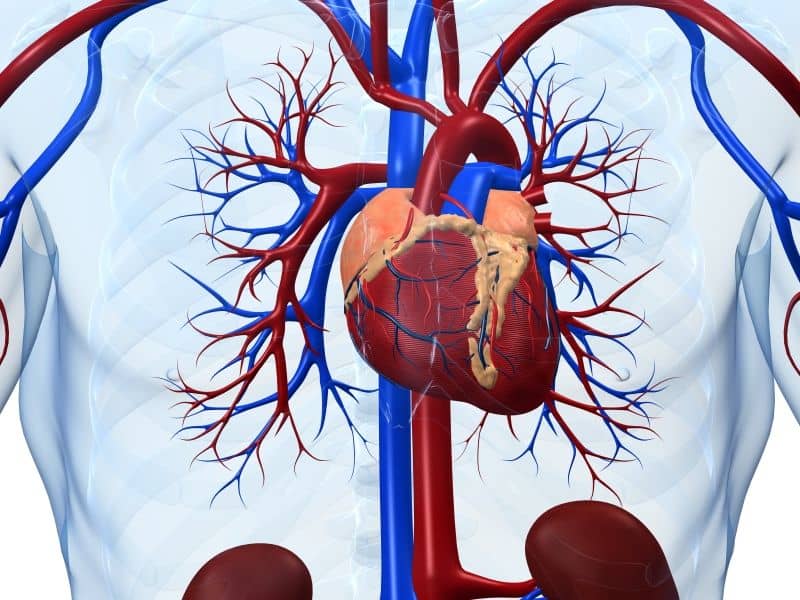Chikungunya virus (CHIKV) has caused worldwide epidemics that impose a major burden on health systems. Approximately half of infected individuals develop chronic debilitating arthralgia, affecting their quality of life. Here, we identified the relevant clinical and demographic variables in the acute phase of CHIKV infection prospectively linked to chronic arthralgia to elaborate a prognostic scoring system.
Acute CHIKV infection cases (n = 134) confirmed by serology or molecular test were examined <10 days of disease onset and followed for one year to evaluate for disease progression. Potential risk factors for chronic arthralgia were evaluated by multivariate analysis to develop a prognostic scoring system, which was subsequently tested in an independent validation cohort consisting of 42 individuals.
A total of 107 out of 134 (80%) acute CHIKV-confirmed cases from the derivation cohort were re-examined one year after enrollment. Chronic arthralgia post-CHIKV infection was diagnosed in 64 (60%). Five of the 12 parameters evaluated in the acute phase were statistically associated with persistent arthralgia and were further tested by Bayesian analysis. These variables were weighted to yield a prognosis score denominated SHERA (Sex, Hypertension, Edema, Retroocular pain, Age), which exhibited 81.3% accuracy in predicting long-term arthralgia post-CHIKV infection in the derivation cohort, and 76.5% accuracy in the validation cohort.
The simplified and externally validated prognostic scoring system, SHERA, is a useful method to screen acutely CHIKV-infected patients at elevated risk of chronic arthralgia who will benefit from specific interventions. This tool could guide public health policies, particularly in resource-constrained settings.
A clinical scoring system to predict long-term arthralgia in Chikungunya disease: A cohort study.


